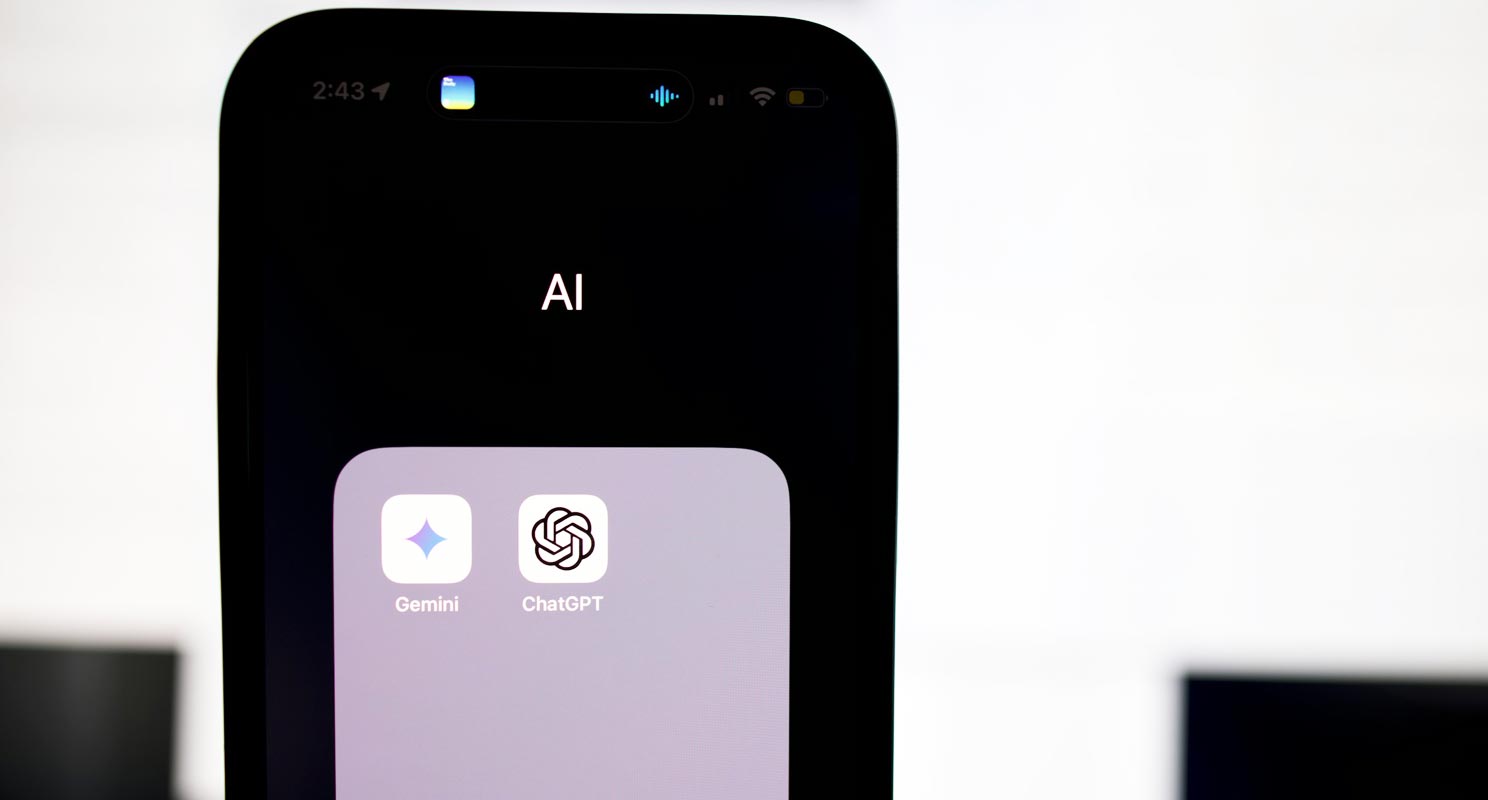Google Gemini 2.0 is Coming in December 2024. The launch of Google Gemini 2.0 is among the most highly anticipated tech events in 2024. Building on the success of its predecessor, Gemini 1.0, Google plans to bring an enhanced version to the market by December, a full year after the original release in December 2023. This upgraded AI-powered conversational model will likely introduce new features, better performance, and integration into even more Google products, making it an exciting update for tech enthusiasts, developers, and consumers. The notable point is that 100x Powerful OpenAI Orion is also coming in December 2024. Google is trying to make a competition here.

What is Google Gemini?
Introduced in December 2023, Google Gemini is an advanced AI-driven conversationalist and assistant designed to interact with users, answer questions, and even interpret images. Positioned as a competitor to other popular AI models, Gemini has quickly become a staple in Google’s product ecosystem. Currently, Gemini powers various devices, including Google’s Pixel 8 and Pixel 9 smartphones, Pixel Buds Pro 2, and applications like Gmail. With its ability to offer context-rich responses and a more interactive, human-like experience, Gemini set a new standard for AI interaction upon its release.
The Journey from Gemini 1.0 to Gemini 2.0
The transition from Gemini 1.0 to Gemini 1.5 earlier this year paved the way for incremental processing power and feature richness improvements. As Google prepares to launch Gemini 2.0, users anticipate enhanced capabilities. Gemini 1.5, released in February 2024, introduced an expanded context window for users with gemini.google.com subscriptions, enhancing conversation fluidity. Gemini Advanced, a high-end version available to subscribers, showcased features like Gemini Live, a conversational tool designed to mimic natural human interactions. Although these updates have improved usability, Gemini 2.0 is expected to take this to an entirely new level.
Features Expected in Google Gemini 2.0
While Google has yet to confirm specific features, Gemini 2.0 is anticipated to deliver notable upgrades, such as:
Enhanced Conversational Abilities
With AI advancements, Gemini 2.0 could respond in more contextually accurate and natural language patterns, making it better suited for various applications. Enhanced speech recognition could allow smoother interactions across multiple devices.
Expanded Integration Across Google Products
Google’s Pixel and Gmail platforms have already seen integrations with Gemini, but 2.0 may push these integrations further. Wider product compatibility across Android devices and deeper functionality in services like Google Assistant and Maps could be on the horizon.
Project Astra and Camera Capabilities
A significant upcoming feature could be Project Astra, which aims to provide camera and vision capabilities within Gemini Live. This development might enable users to ask questions about images captured by their device, giving Gemini a more interactive and sensory-driven aspect.
Real-Time Language Processing
Gemini’s current capabilities allow it to process complex queries. Still, the update may optimize it for real-time conversations in multiple languages, catering to a more global audience and allowing for smoother, multi-language assistance.
Increased Performance and Processing Power
Despite the team’s initial concerns over performance gains, Gemini 2.0 is expected to provide faster, more efficient responses by leveraging refined algorithms. Enhanced processing power could result in lower latency and quicker, more accurate responses.
How Gemini 2.0 Compares to Other AI Models
With AI companies like OpenAI releasing newer models, the competitive landscape in conversational AI is evolving rapidly. OpenAI’s rumored Orion model could also see a December release, though it is expected to be initially limited to select partners. Google’s focus on making Gemini 2.0 widely available to developers and users demonstrates its commitment to capturing a larger audience, contrasting with a more selective rollout by its competitors.
Anticipated Uses for Google Gemini 2.0
The applications for Gemini 2.0 extend across various sectors, from personalized customer support to educational assistance. Here are a few ways the new model could make an impact:
Enhanced Customer Service
Companies could leverage Gemini 2.0’s advanced conversational abilities to improve customer service through dynamic, personalized interactions that can understand complex queries and provide detailed answers.
Increased Productivity in the Workplace
Integrated into Google Workspace, Gemini could assist with routine tasks like scheduling, reminders, and research, potentially boosting productivity for businesses and individuals.
Advanced Language Translation for Travelers
With potential real-time language processing, Gemini 2.0 could be instrumental for instant translations, making it an invaluable tool for international travelers and multinational teams.
Educational Assistance for Students
Gemini 2.0’s conversational learning approach could provide students with on-demand tutoring, making it easier to grasp difficult concepts through personalized assistance.
Compatibility with Google’s Ecosystem
Google’s hardware lineup, particularly its Pixel series, is expected to continue incorporating Gemini, allowing users to benefit from the AI model on their smartphones, earbuds, and more. Integrating Gemini with the Android ecosystem further enhances its accessibility, with features like voice-activated assistance and smart image analysis providing seamless user experiences across devices.
Privacy and Security Enhancements
With the release of Gemini 2.0, Google will likely implement stricter privacy protocols to address growing concerns around data privacy in AI applications. Enhanced data encryption and user control over data access could be part of this effort, ensuring that user information is safeguarded.
The Potential Impact on the AI Market
Gemini 2.0’s launch signifies a shift in the AI landscape, potentially positioning Google as a leading player in the conversational AI market. As Gemini becomes more integrated with Google’s services, it could challenge existing models from competitors, marking an important step in Google’s strategy to cement its AI dominance. The presence of Project Astra within Gemini’s ecosystem may also open new doors in image and vision processing AI, a field that is seeing increased attention.
Challenges and Considerations
While the buzz around Gemini 2.0 is positive, Google faces challenges in meeting user expectations, especially given the intense competition in AI. Users are demanding faster, more accurate models, and ensuring that Gemini 2.0 performs reliably across platforms will be crucial. Additionally, Google must balance innovative functionalities with privacy and ethical considerations, especially when handling sensitive user data.
What’s Next: The Role of Project Astra and Future Updates
Project Astra, an anticipated add-on for Gemini Live, could be the next big milestone following the release of Gemini 2.0. Integrating camera and vision capabilities may allow users to interact with the world around them more intuitively, potentially transforming how we engage with AI in our everyday lives. Users can expect even more groundbreaking innovations, with the next update cycle likely scheduled for Google I/O in May 2025.
Conclusion: A Step Forward in AI with Gemini 2.0
Gemini 2.0’s anticipated launch in December 2024 marks an exciting advancement in Google’s AI journey, providing users with a more robust, responsive, and feature-rich conversational model. Its integration into a wide range of Google products and the possible addition of Project Astra could make it a game-changer in how people interact with technology. By expanding Gemini’s functionality and enhancing performance, Google caters to user demands and sets a high standard in the AI industry. As the AI landscape continues to evolve, Google Gemini 2.0 is well-positioned to lead the way, making it a development worth watching closely.

Selva Ganesh is the Chief Editor of this Blog. He is a Computer Science Engineer, An experienced Android Developer, Professional Blogger with 8+ years in the field. He completed courses about Google News Initiative. He runs Android Infotech which offers Problem Solving Articles around the globe.



Leave a Reply